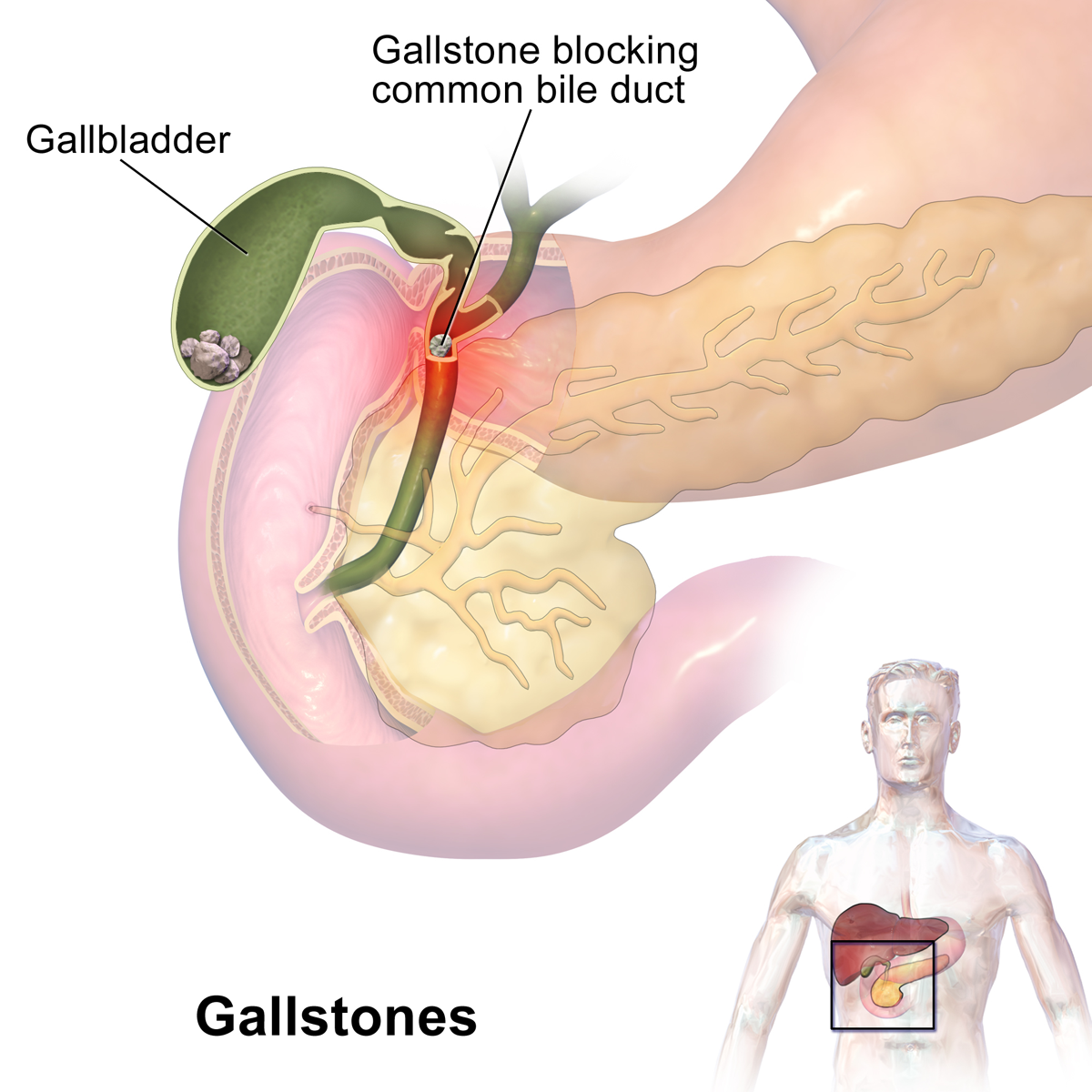Considering yourself with obesity for bariatric surgery, what is the long term outcome of surgery?
Advantages:
1. Weight loss and improved health indicators, including decreased blood sugar levels, better cholesterol and increased mobility
2. Reduced risk of serious medical conditions associated with obesity, such as heart disease, stroke, high blood pressure and type 2 diabetes.
3. Increased self-confidence due to improved physical appearance and greater ability to participate in activities that had formerly been difficult or uncomfortable for them.
4. Better quality of life due to reduced physical pain from joint problems related to the excessive weight prior to surgery.
Disadvantages:
1. Risk of complications during the procedure or afterwards, including infection, bleeding or adverse reaction to anesthetic agents used for sedation during surgery.
2. Potential for long-term vitamin deficiencies due to restriction of certain nutrients in our diet after the operation has taken place and as part of long-term postoperative care instructions from your doctor.
3. Difficulty with consuming enough calories while eating small meals throughout the day which can lead to feeling lethargic or experiencing higher levels of fatigue throughout the day than usual.
4. Possible psychological issues related to changes in body image or adjustment to a new lifestyle following bariatric surgery



